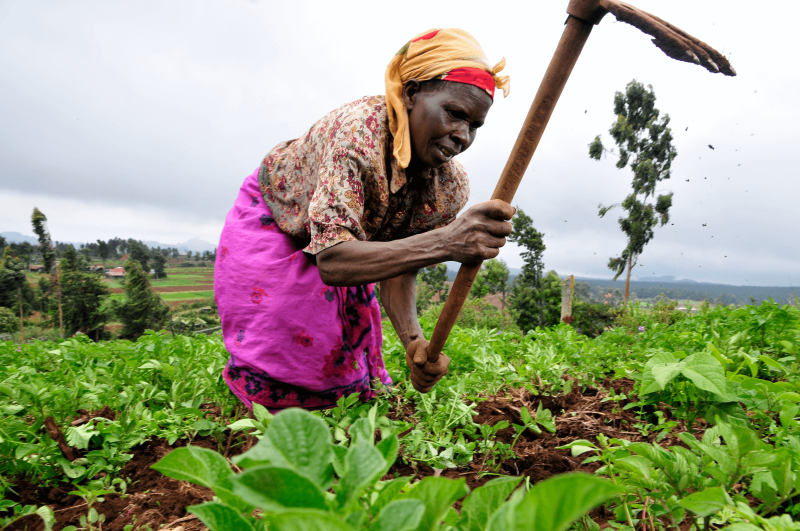NGOs funded by Germany’s Green Party distribute rounds of videos starring local celebrities holding up tomatoes and sukuma wiki stating that they are poisonous.
The poison, they claim, comes from the pest control products used to produce them.
The same type of blanket campaigning against pesticides has already worked in Europe, which, like the rest of the world, is used to assess pest control products for their safety, scientifically.
Once the European public had been told so many times that all pesticides were poisonous, it was just too politically damaging to keep approving pesticides.
The European Union (EU) banned them without any evidence of risk, just in case they might, one day, be found to be harmful, calling it the ‘precautionary principle’.
Indeed, as the real data grapples with the zero data, the most recent so-called Pesticides Atlas from the anti-pesticide campaigning groups has no citations at all, not a single scientific study supporting its claims.
However, this journey of fake claims is far more damaging in Kenya, than in Europe, as climate change exponentially increases the pests destroying our foods.
…
Without pest control, we will commit millions to starvation. The FAO estimated stopping pesticides would cut our food output by 40 per cent, but, last year, the ban on pesticides, in Sri Lanka, was much more catastrophic.
Farmers saw immediate yields fall at an average of 54 per cent, while the fall in rice, maize, tea and vegetable yields were as high as 95 per cent.
This pest feast triggered a food crisis and an economic crisis, and within months, the government was forced to reverse the ban.































